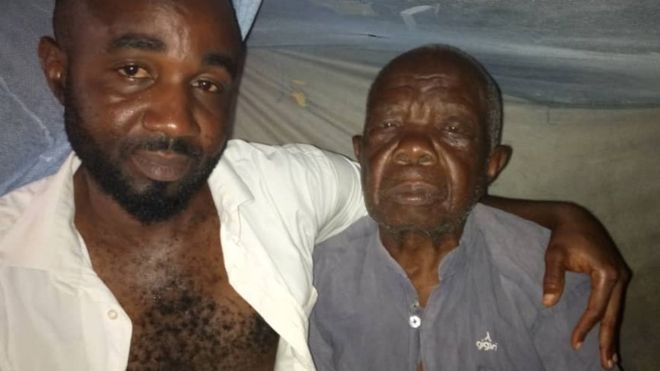The state of Ohio previously acquired the right to purge voters who demonstrated political inactivity for over a six-year period. Although the state defended their actions by stating they only intended to keep voter lists “accurate and up to date,” many voter-rights groups expectedly challenged the controversial decision. These groups extended to demonstrate political activism by seeking an emergency motion; however, a federal judge overturned such grant in stating that the action of purging citizens who fail to vote in three federal elections or fail to take other similar voting-related actions does not demonstrate illegality.
Upon further observing actions taken by the Ohio state government, the A. Philip Randolph Institute recently challenged the specific confirmation notices that were actually sent to voters regarding the issue. These notices, according to the Institute, demonstrated a severe lack of clarity and did not rightly inform voters of consequences at stake. Bringing this concern back to the court, it was ruled this Wednesday that the confirmation notices indeed “did not adequately advise registrants of the consequences of failure to respond, as the NVRA (National Voting Rights Act) requires.” The court therefor concluded that the state of Ohio may no longer, at the moment, purge voters due to a lack of political participation. Ohio continues to assert that their primary intention remained making it “easy to vote and hard to cheat.” In addition, other politically conservative states claim to follow suit in this action of purging inactive voters if Ohio manages to regain its previous victory.
Questions to consider:
- Do you believe purging inactive voters is unconstitutional?
- How might the action of purging inactive voters impact minority groups? In what ways might it silence their voice?
- Generally characterized as a key swing state, how would purging previously inactive voters affect the commonly marginal results of Ohio’s elections?
- As other conservative states begin considering following Ohio’s actions, how might the country’s overall voter turnout be affected? (Possibly consider whether it will prompt previously inactive voters to finally vote, or rather create an ineffective outcome)

















